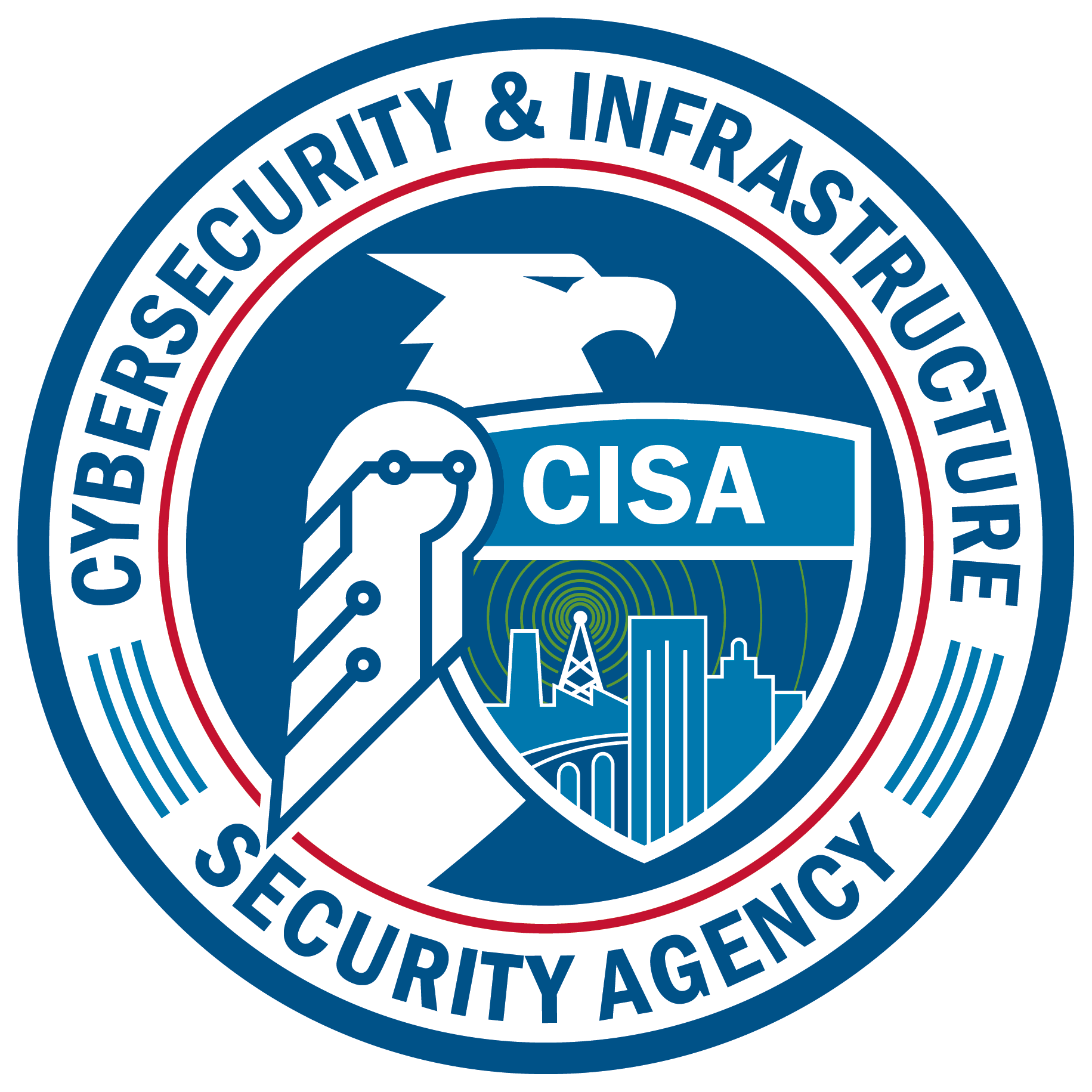Choosing your .gov domain name
Start your .gov domain search
Check if the .gov domain you want is available. We’ll work with you to find the best domain for your organization that meets our requirements.
General rules for .gov domain names
Your domain name represents your organization and your services to the world online. Good domain names are memorable and easy to say out loud (like over the phone or in a presentation).
Names of government organizations can be similar or even identical, so our domain naming rules aim to prevent confusion.
Your domain name must:
- Be available
- Relate to your organization’s name, location, and/or services
- Be clear to the general public. Your domain name must not be easily confused with other organizations.
Names that uniquely apply to your organization are likely to be approved over names that could also apply to other organizations.
Requests for your organization’s initials or an abbreviated name might not be approved, but we encourage you to request the name you want.
Only federal agencies can request generic terms
Only federal agencies can request generic terms like vote.gov or benefits.gov.
That said, we can approve domains with generic terms, like marylandvotes.gov, because it references a location and a service.
Things to avoid in .gov domain names
Avoid using the following in your .gov domain name:
- Dashes or hyphens
- Numbers
- Misspellings
Domain name requirements and guidance for specific types of organizations
.Gov domain names must follow the naming requirements for your type of organization. Read domain name requirements and guidance for:
- Executive branch federal agencies
- Judicial branch federal agencies
- Legislative branch federal agencies
- Interstate organizations
- U.S. states and territories
- Tribal governments
- Counties
- Cities
- Special districts
- School districts
Executive branch federal agencies
These are agencies of the U.S. government’s executive branch. Read guidance specifically for executive branch federal agencies.
Examples:
- fema.gov
- medicare.gov
- usda.gov
Judicial branch federal agencies
These are agencies of the U.S. government’s judicial branch.
Examples:
- uscourts.gov
- ustaxcourt.gov
- ussc.gov
Legislative branch federal agencies
These are agencies of the U.S. government’s legislative branch.
Examples:
- gao.gov
- gpo.gov
- loc.gov
Interstate organizations
These are organizations of two or more states.
Examples:
- EMScompact.gov
- wmataOIG.gov
- trpa.gov
U.S. states and territories
This includes the 50 U.S. states, the District of Columbia, American Samoa, Guam, Northern Mariana Islands, Puerto Rico, or the U.S. Virgin Islands.
State .gov domains must include the two-letter state abbreviation or clearly spell out the state name.
Examples:
- AmericanSamoa.gov
- Colorado.gov
- MN.gov
- Guam.gov
Tribal governments
Tribal governments recognized by the federal or a state government.
Tribal domains may include the suffix -nsn, for native sovereign nation.
Examples:
- tbyi.gov
- pitu.gov
- TulalipTribalCourt-nsn.gov
Counties
This organization type includes counties, parishes, or boroughs.
Most county .gov domains must include the two-letter state abbreviation or the full state name. County names that aren’t shared by any other city, county, parish, town, borough, village or equivalent in the U.S. (at the time a domain is granted) don’t have to refer to their state in their domain name. Counties can include “county” in their domain to distinguish it from other places with similar names.
We use the Census Bureau’s National Places Gazetteer Files to determine if county names are unique.
Examples:
- LACounty.gov
- LivingstonParishLA.gov
- MitchellCountyNC.gov
- MiamiDade.gov
Cities
This organization type includes cities, towns, townships, villages, etc.
Most city domains must include the two-letter state abbreviation or clearly spell out the state name. Using phrases like “City of” or “Town of” is optional.
Cities that meet one of the criteria below don’t have to refer to their state in their domain name.
-
The city name is not shared by any other U.S. city, town, village, or county. We use the Census Bureau’s National Places Gazetteer Files to determine if names are unique.
-
The city is so well known that it doesn’t need a state reference to communicate location. We use the list of U.S. “dateline cities” in the Associated Press Stylebook as part of our decision.
-
It’s one of the 150 largest cities by population, according to the Census Bureau.
Examples:
- CityofEudoraKS.gov
- WallaWallaWA.gov
- Pocatello.gov
Special districts
These are independent organizations within a single state.
Domain names must represent your organization or institutional name, not solely the services you provide. It also needs to include your two-letter state abbreviation or clearly spell out the state name unless city or county exceptions apply.
Examples:
- GlacierViewFire.gov
- TechshareTX.gov
- UtahTrust.gov
School districts
School districts that aren’t part of a local government are eligible for .gov domains.
Domain names must represent your organization or institutional name.
Example:
- mckinneyISDTX.gov
- BooneCSDIA.gov

